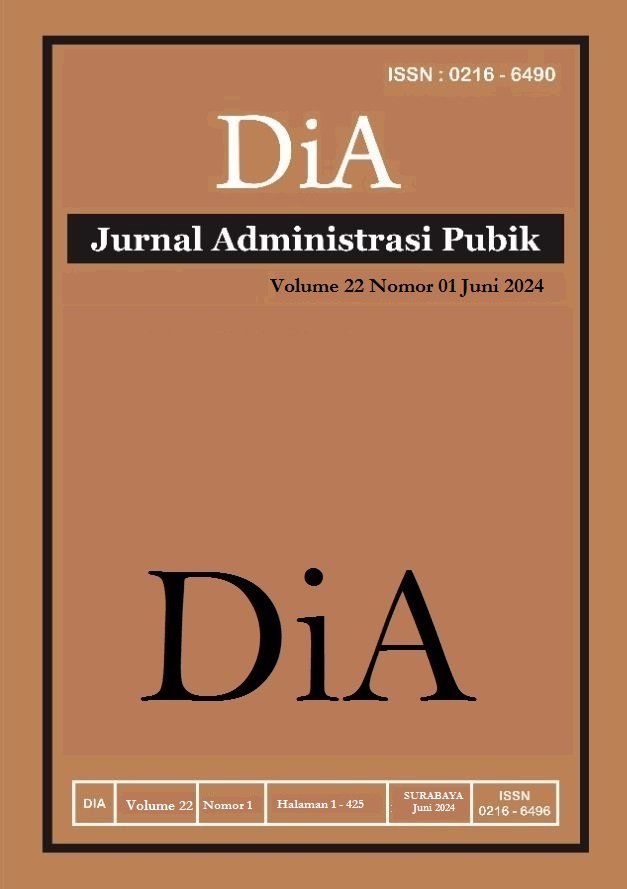DISCOURSE COMMUNICATION NETWORK ANALYSIS 3 PERIODE PADA MEDIA SOSIAL TWITTER
DOI:
https://doi.org/10.30996/dia.v22i01.9672Keywords:
discourse, communication network analysis, twitter, 3 periodeAbstract
This research proposes Foucauldian Discourse Analysis (FDA) as an innovative qualitative methodology to investigate the use of social media as a platform of power control through shared opinions. A phenomenon where social media used as a medium for public to express themselves whereas previously was often done physically (offline), is now more likely to be done in digital area through social media. This study found that the main discourse held no more power than the opponent’s discourse in the contestation. In reality, the main discourse weakened and morphed to dampened actions but still could not become a consensus that led to student action on the streets. While the main discourse was powerfully amplified from bottom to center elites, it ultimately resulted in defeat and failed to acquire acceptance or legitimation by society, leading to pseudo-power.
Downloads
Downloads
Published
How to Cite
Issue
Section
License
The DiA journal allows authors to retain the copyright of their papers without limitation. Authors may grant publishers non-exclusive publishing rights to publish articles. Granting first publishing rights to publishers also qualifies as unlimited copyright (because there are no restrictions imposed by publishers on author copyright).







